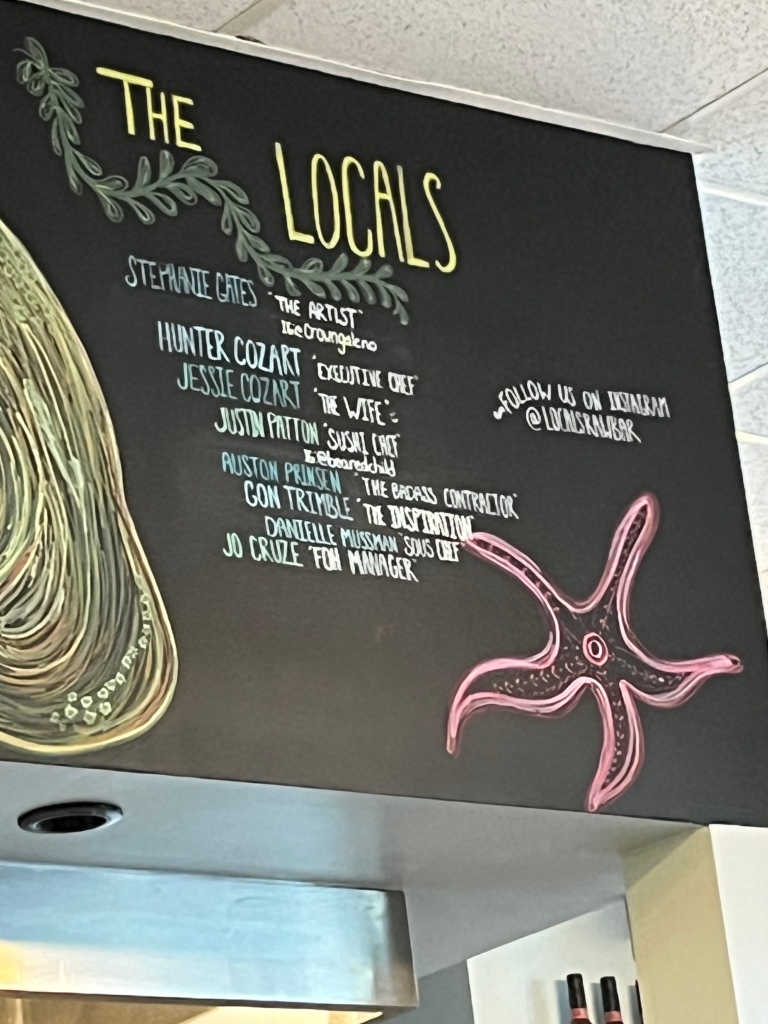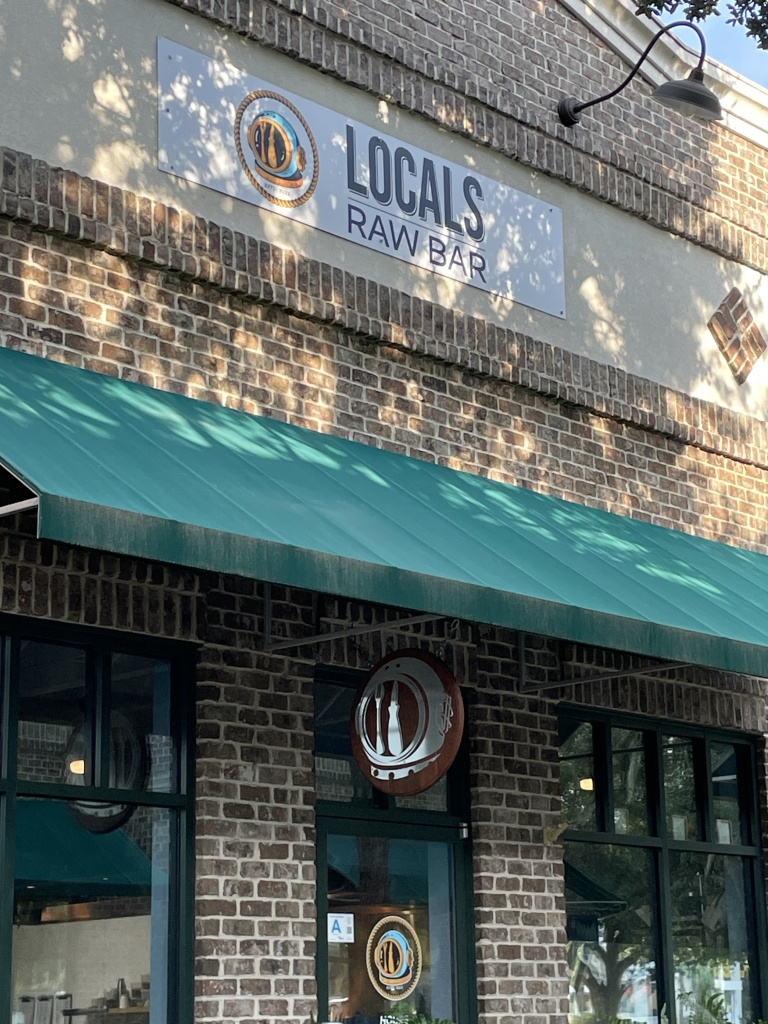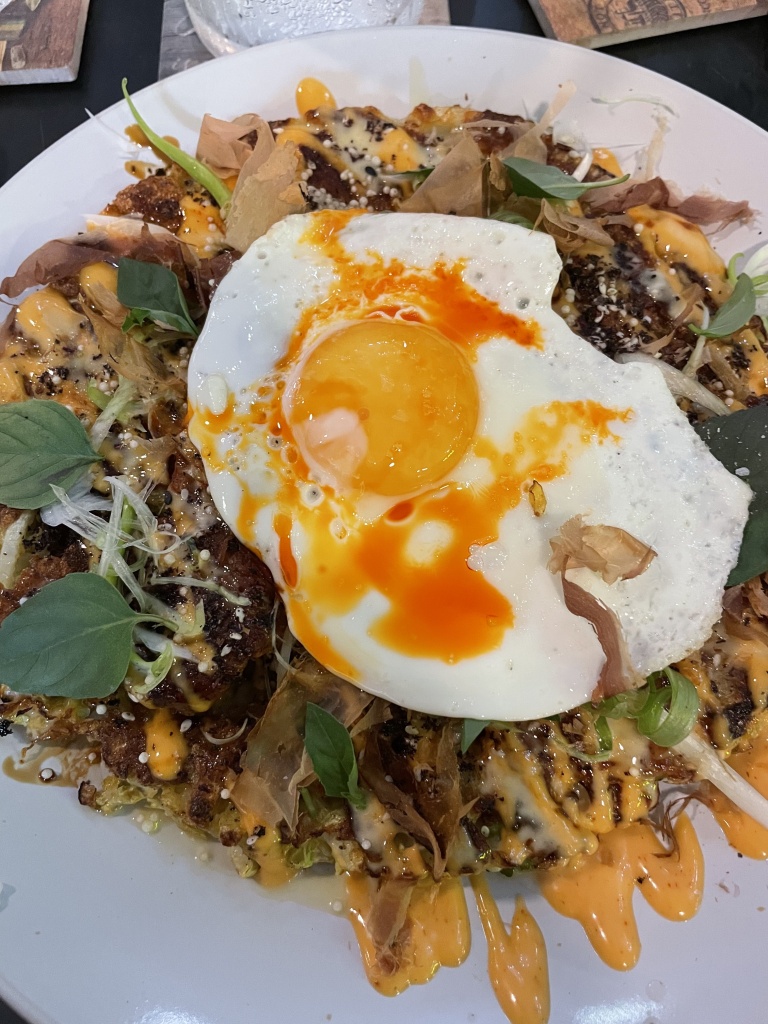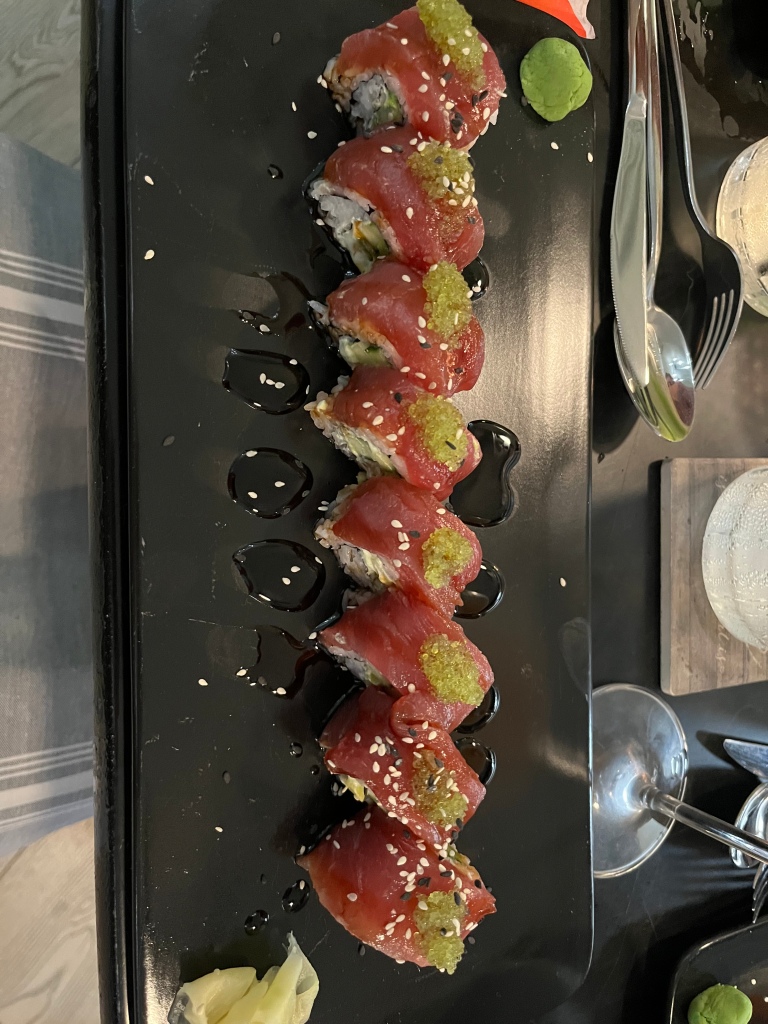
They were a little late to the Zoom call. Technical issues.
They were nervous. You could hear it in their voice.
They won the contest at a recent supervisory training.
The prize was a one on one with me.
“I want you to know that I listened to everything during the training. I started applying it right away.”
They have been in this industry a while. It’s not glamorous work. It is hard work.
They were used to doing things the way someone else taught them. How to do the work, how to speak to others, how to give orders, how to set the standard, how to provide correction.
“I didn’t realize that my employees needed something different. I’ve been just doing what I have been doing for years.”
They never thought about their own style.
They never thought about their employees’ style.
They just gave what they were given.
Then it all changed.
“I realized how often I am just correcting others. How often I point out what is wrong, tell them how I would do it, and make them do it my way. No questions, no feedback, just telling. I never considered “how it feels on the other side of me” as you challenged us.
I suddenly understood that I was the problem. My style, my approach, my choice of words, how I was taught to do this job – all of it. It was not what they need from me.”
Within days they met with every employee. More questions than directives.
What did they need?
What was getting in the way of doing the job well?
“I also took seriously your challenge to “go find what is right” and tell my employees about it.”
They found what was right. They told them.
Barking orders stopped.
Engagement.
Latitude on decisions and process started.
Two-way conversations.
Insight and new ideas on how to do the work.
They started to give differently.
“My biggest takeaway is realizing that I was giving exactly what I got, instead of giving what I didn’t get.”
Giving what you didn’t get.
Giving more than what you got.
Giving especially what you didn’t get.
Where can you give what you didn’t get?
In this season of giving, maybe this is what we all need.
Let’s all try to give something that we didn’t get.
Let’s start today.















